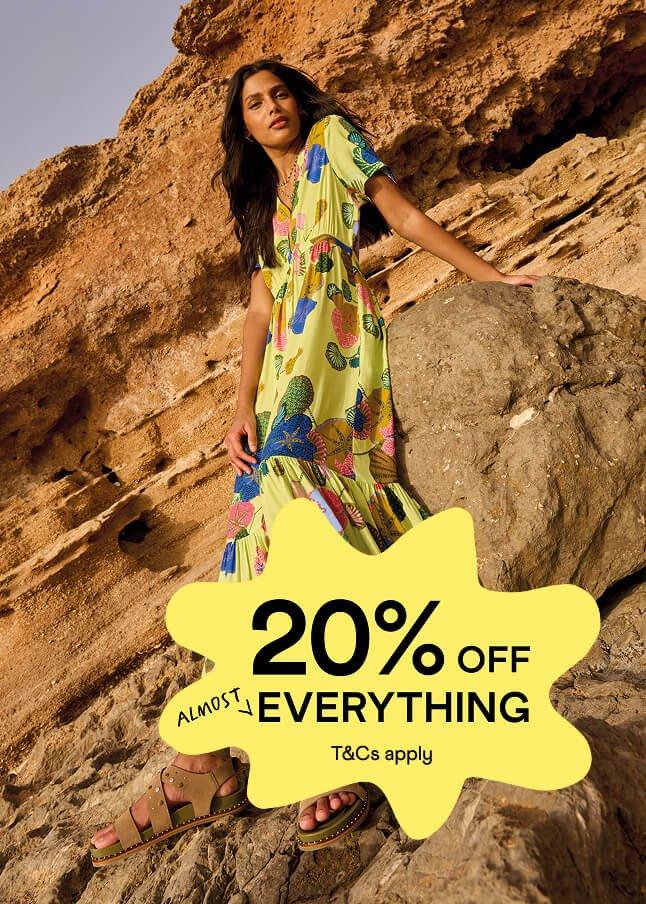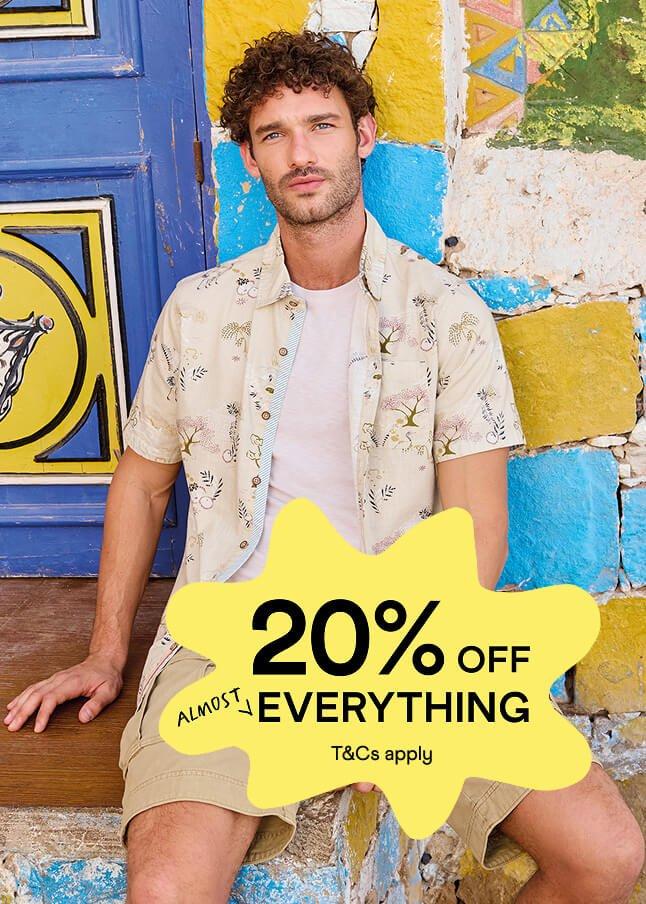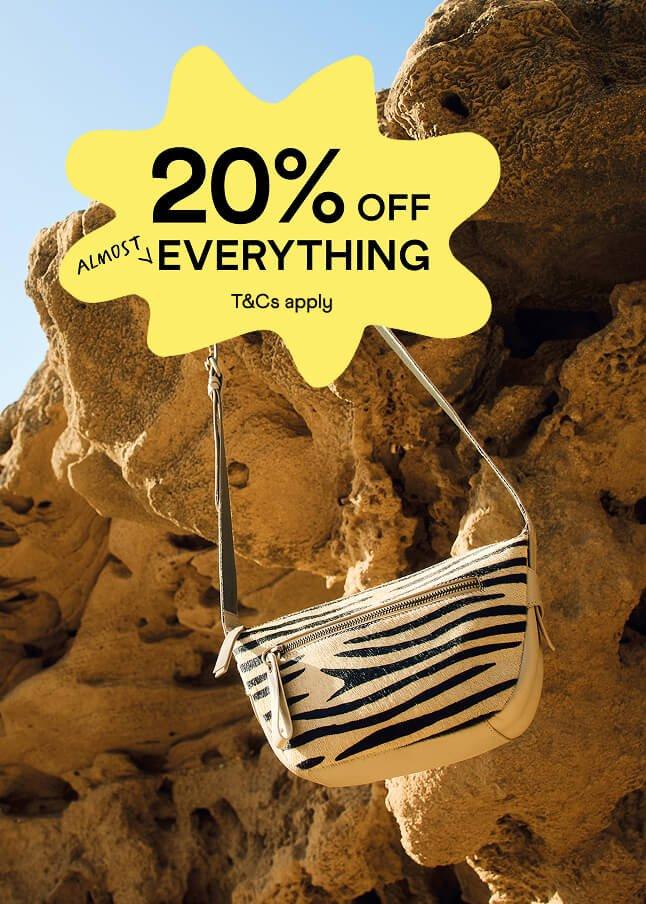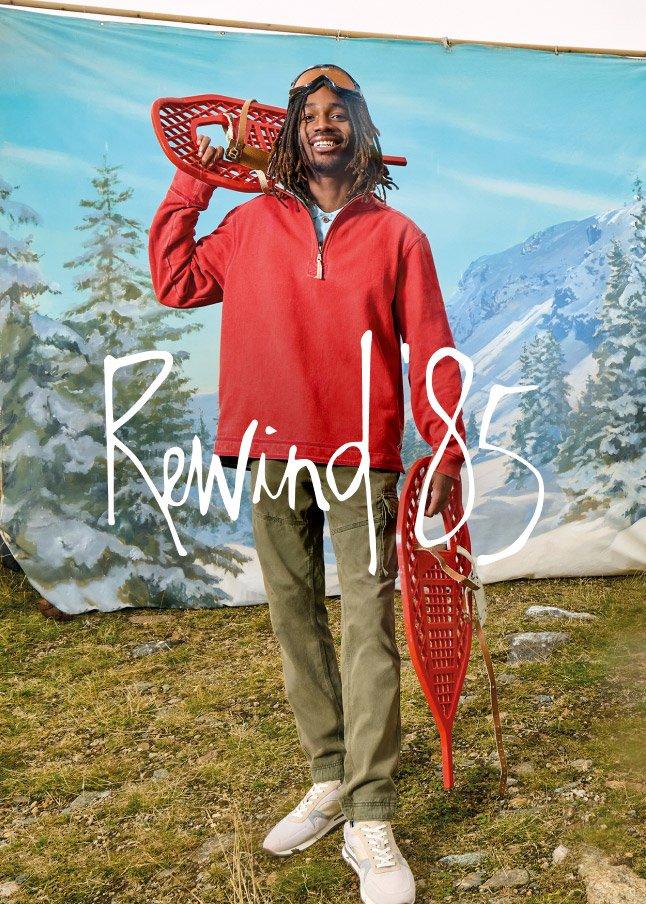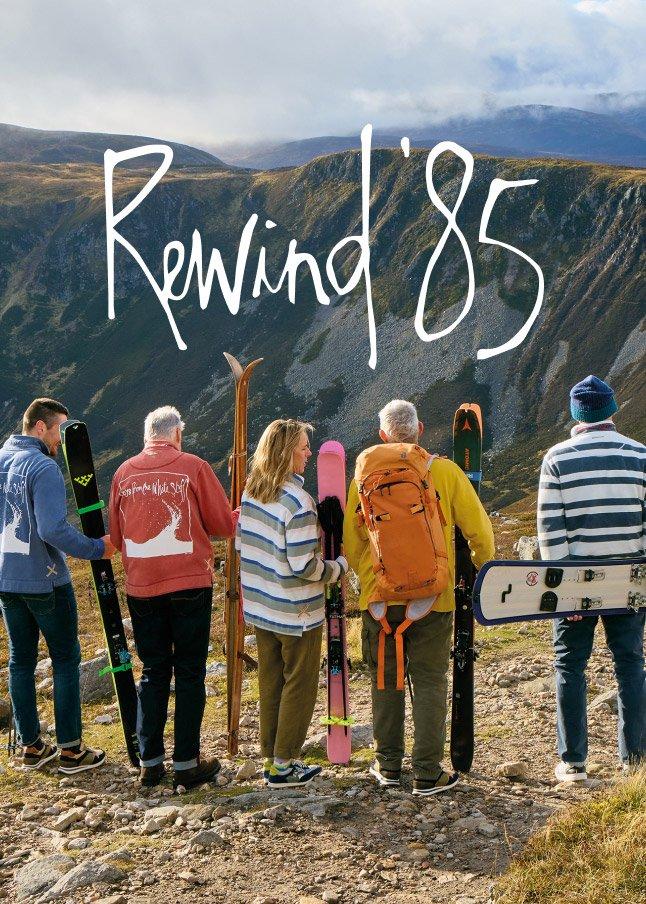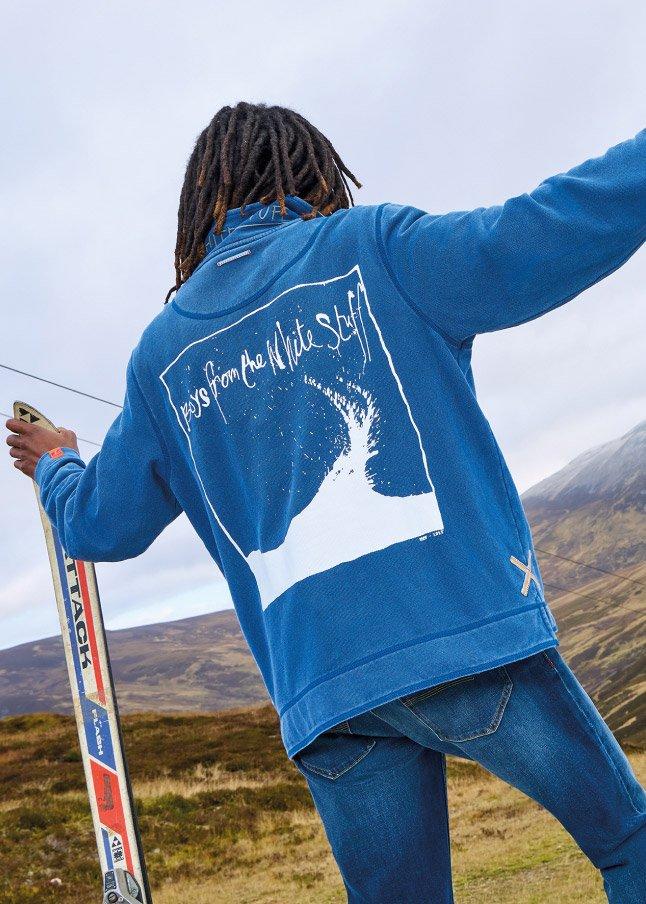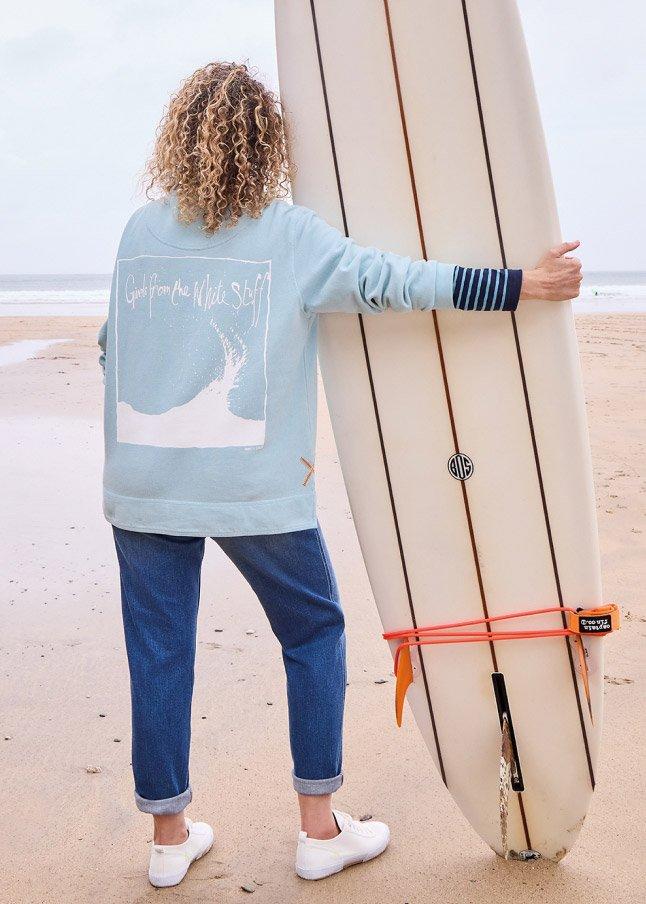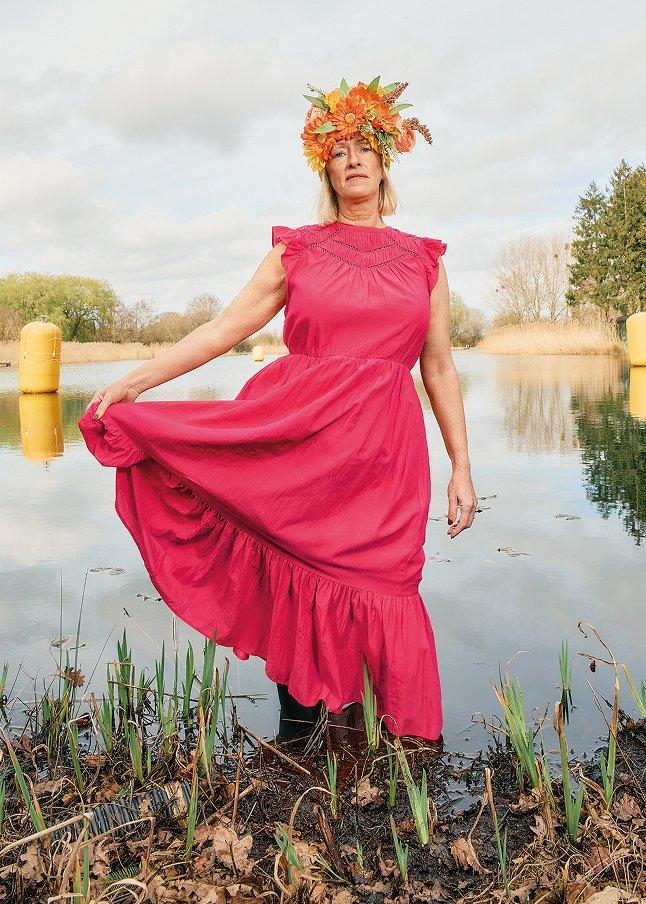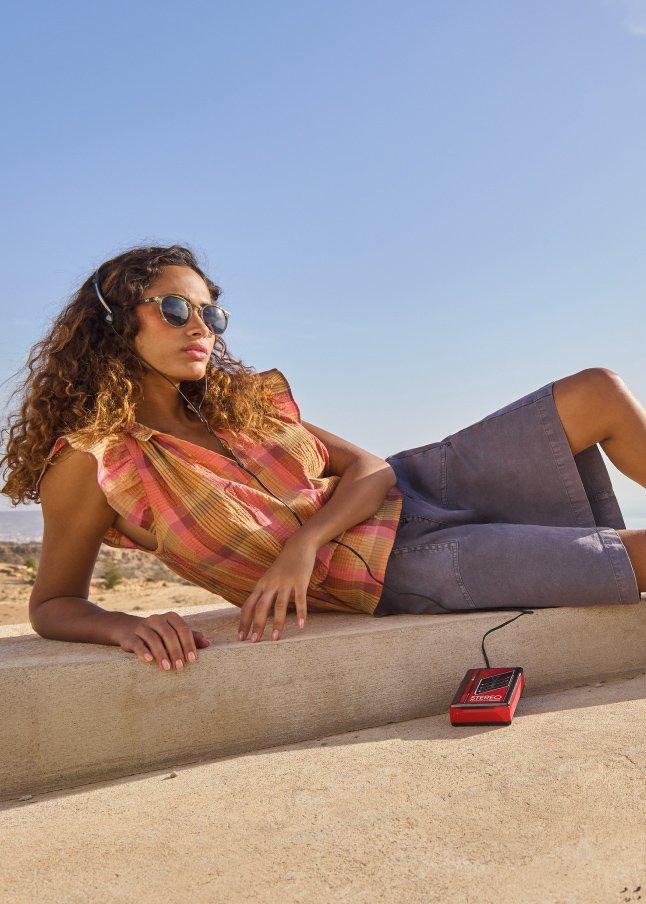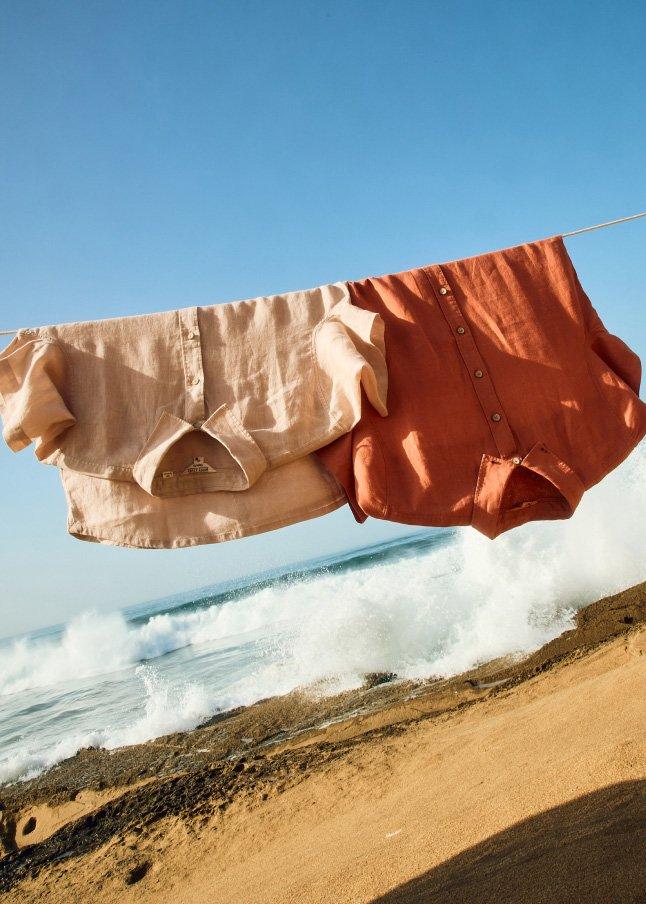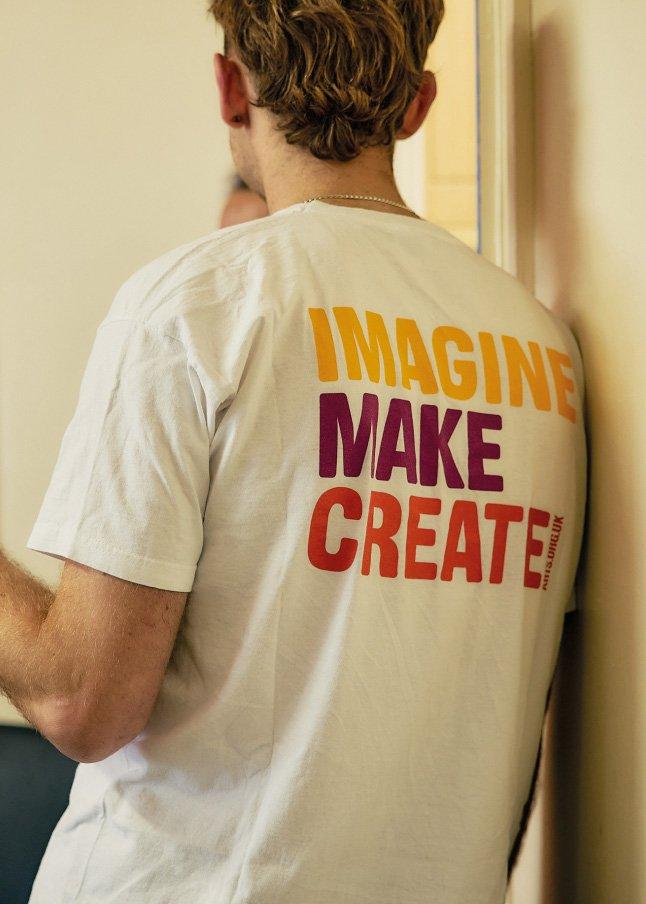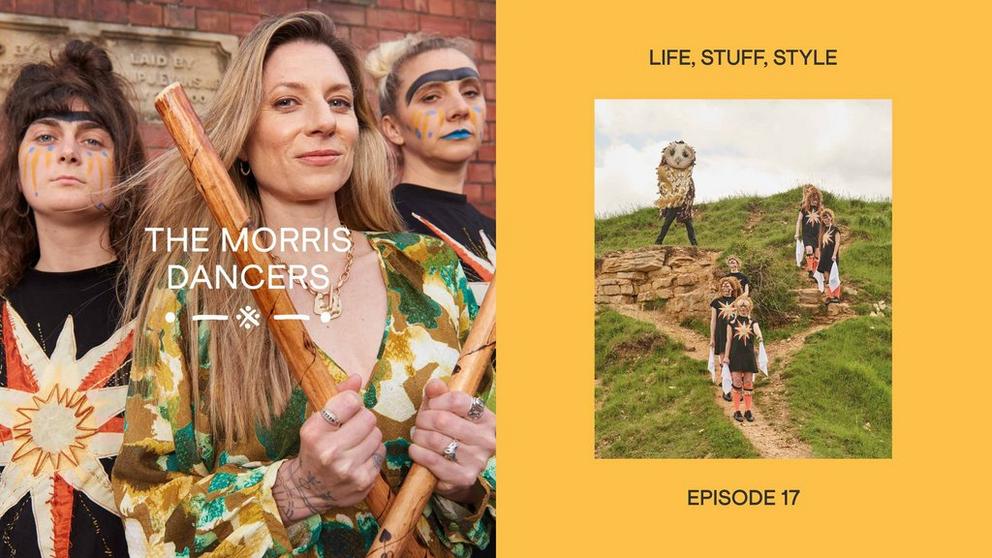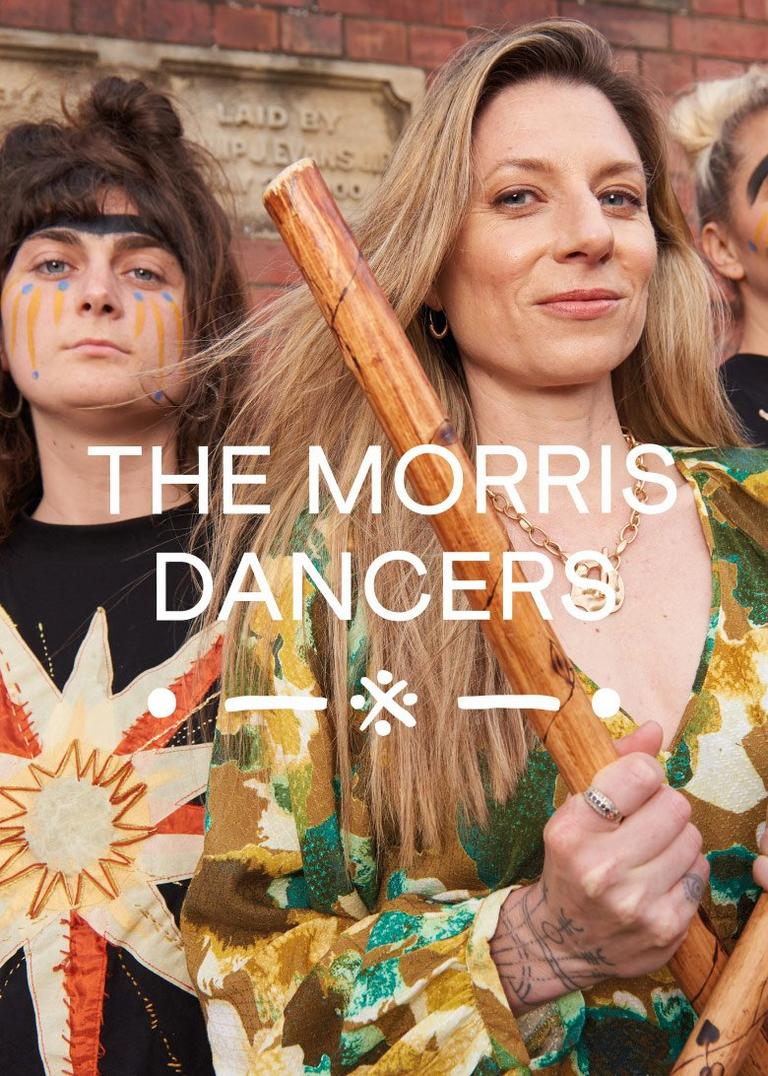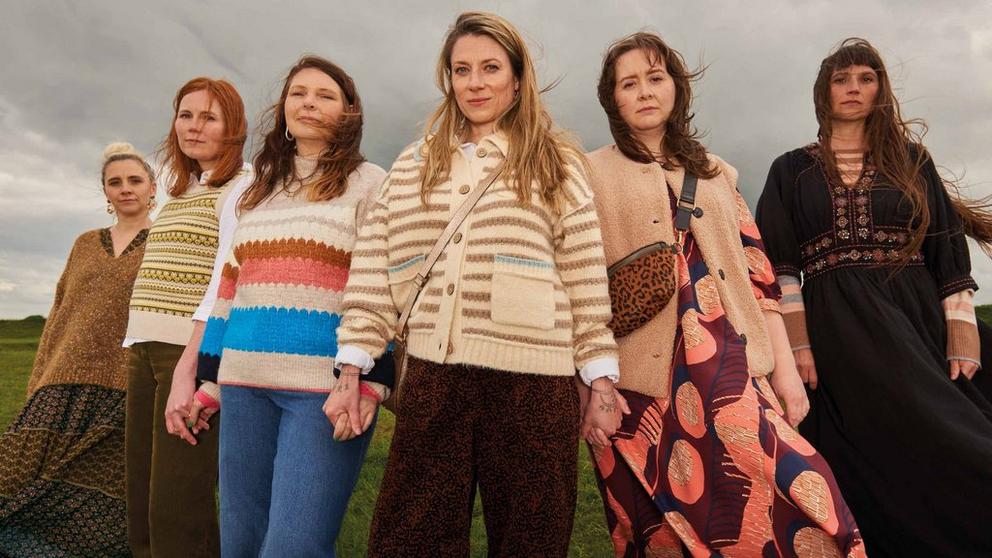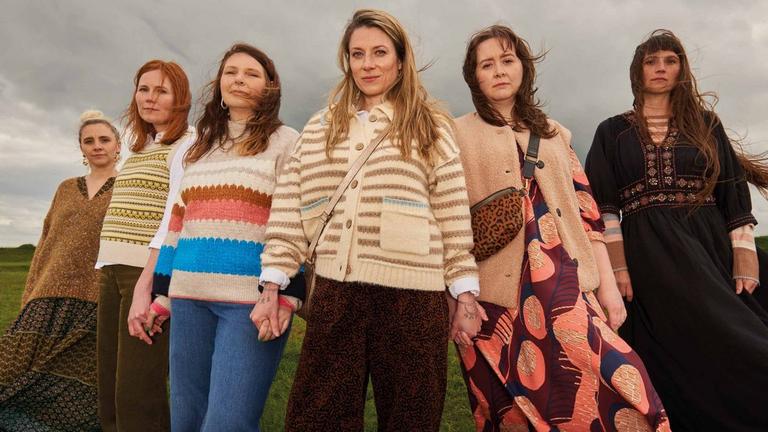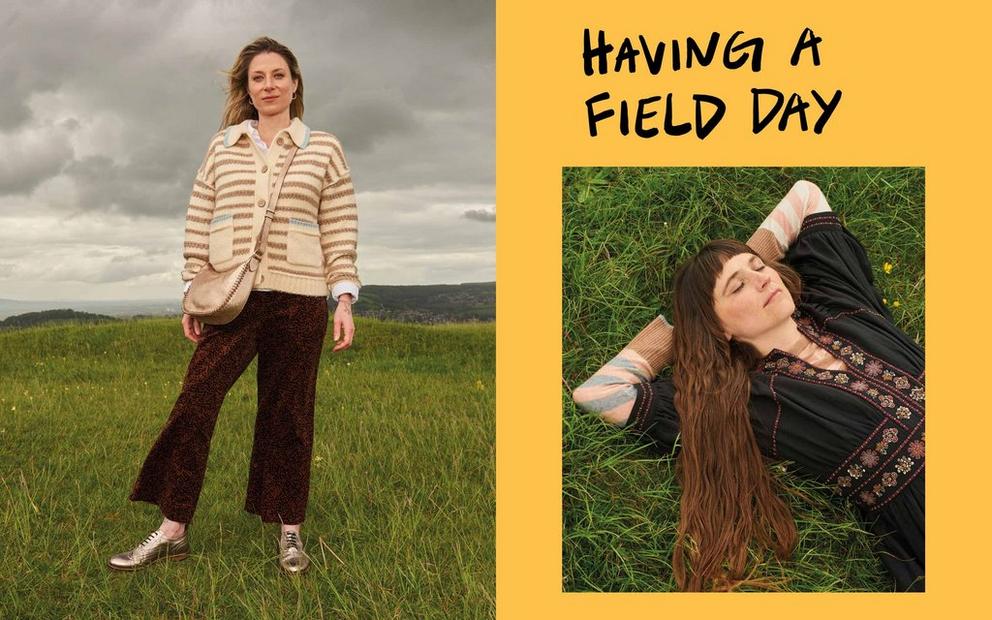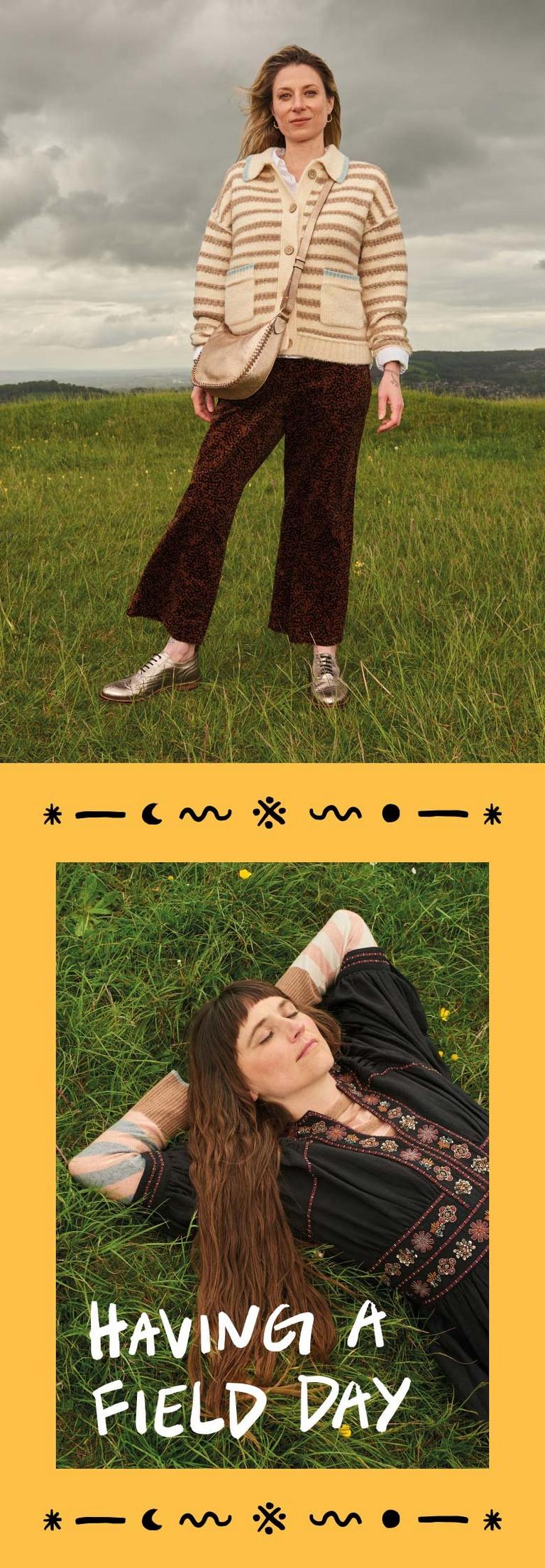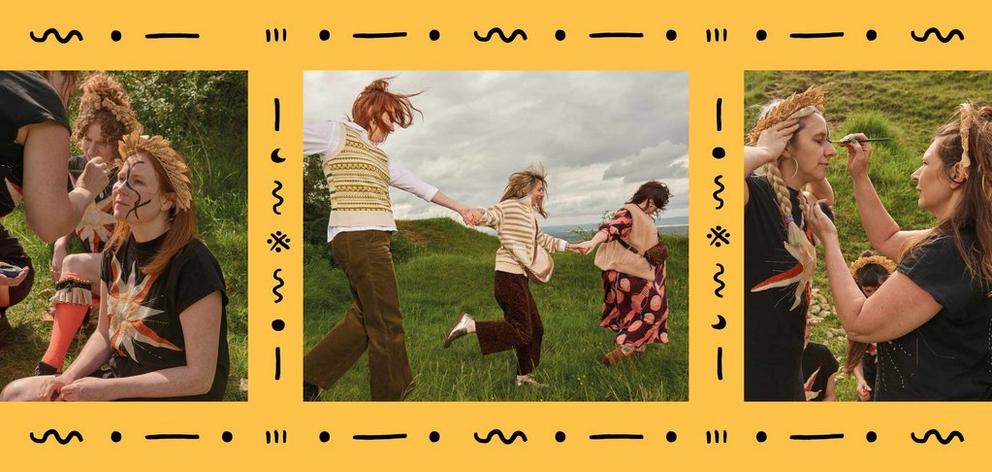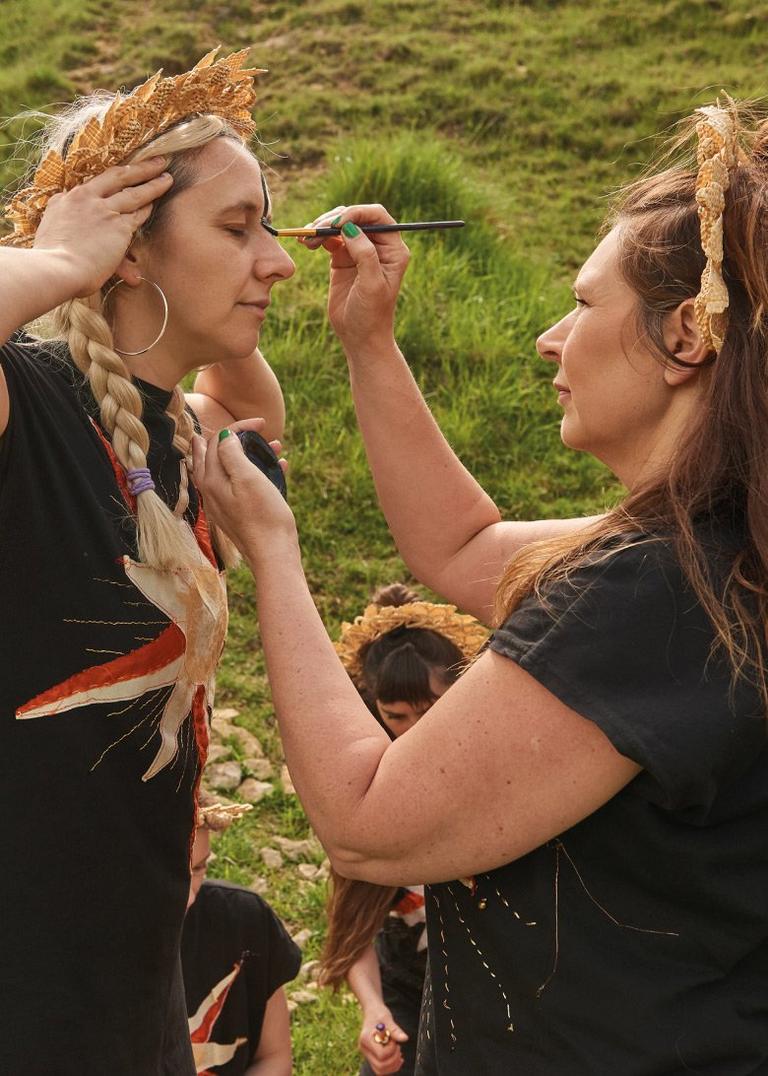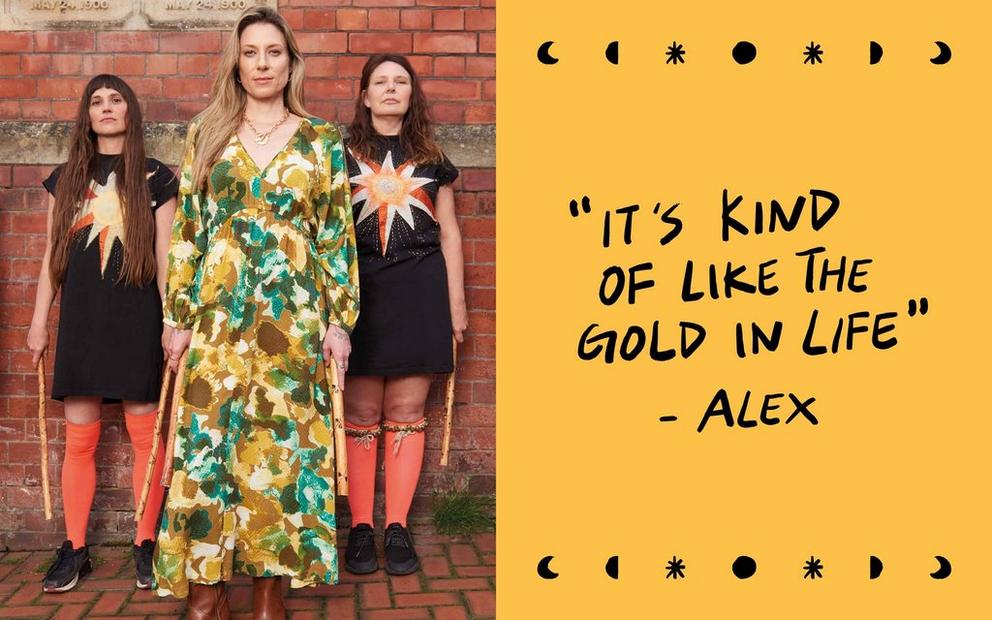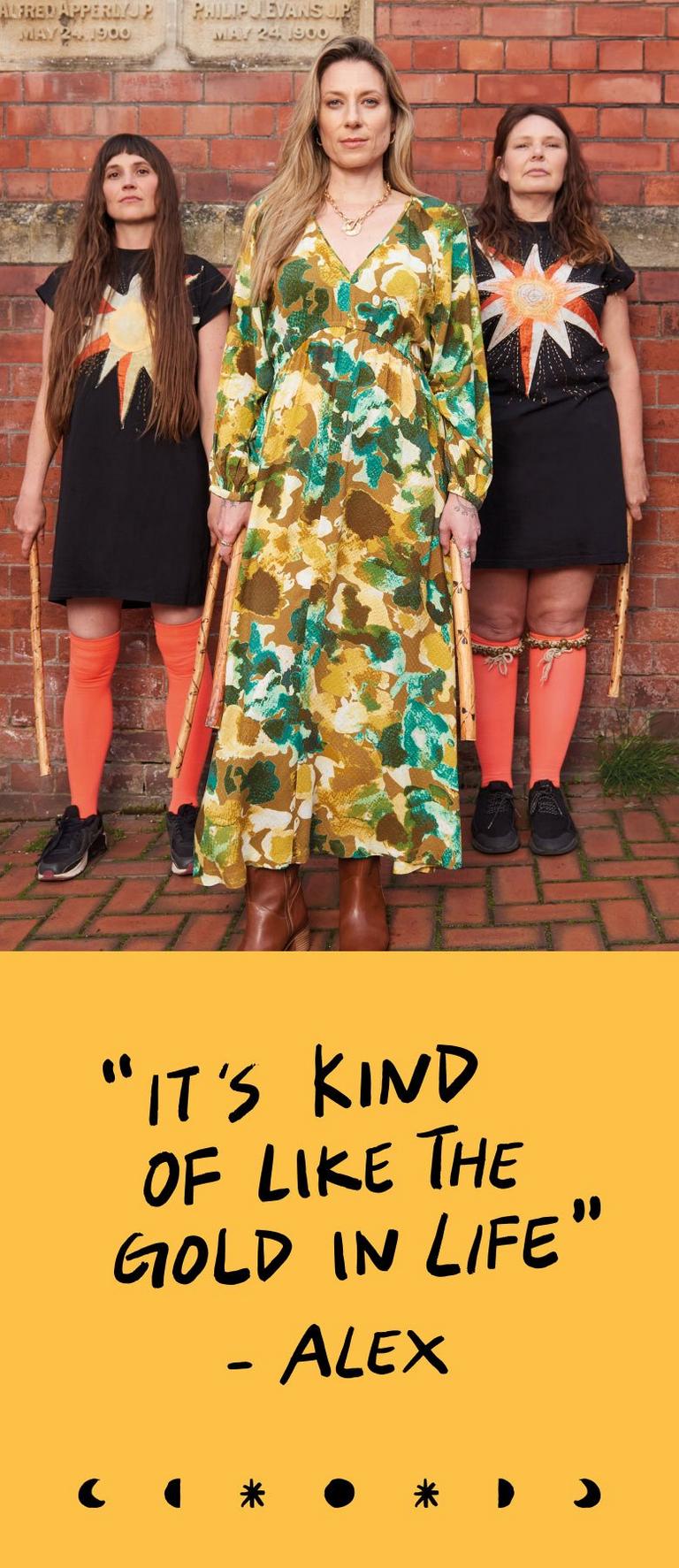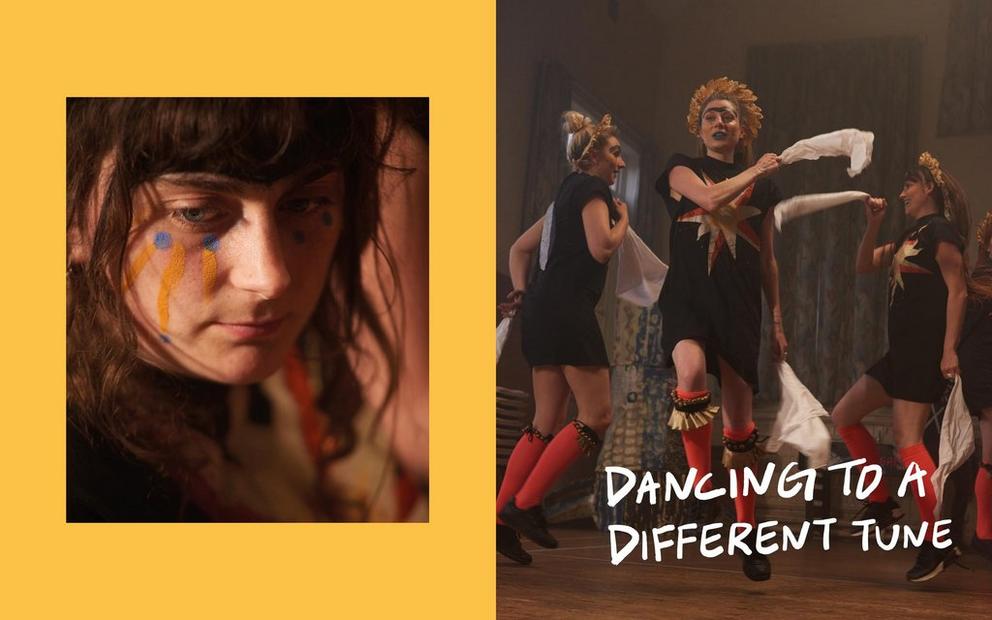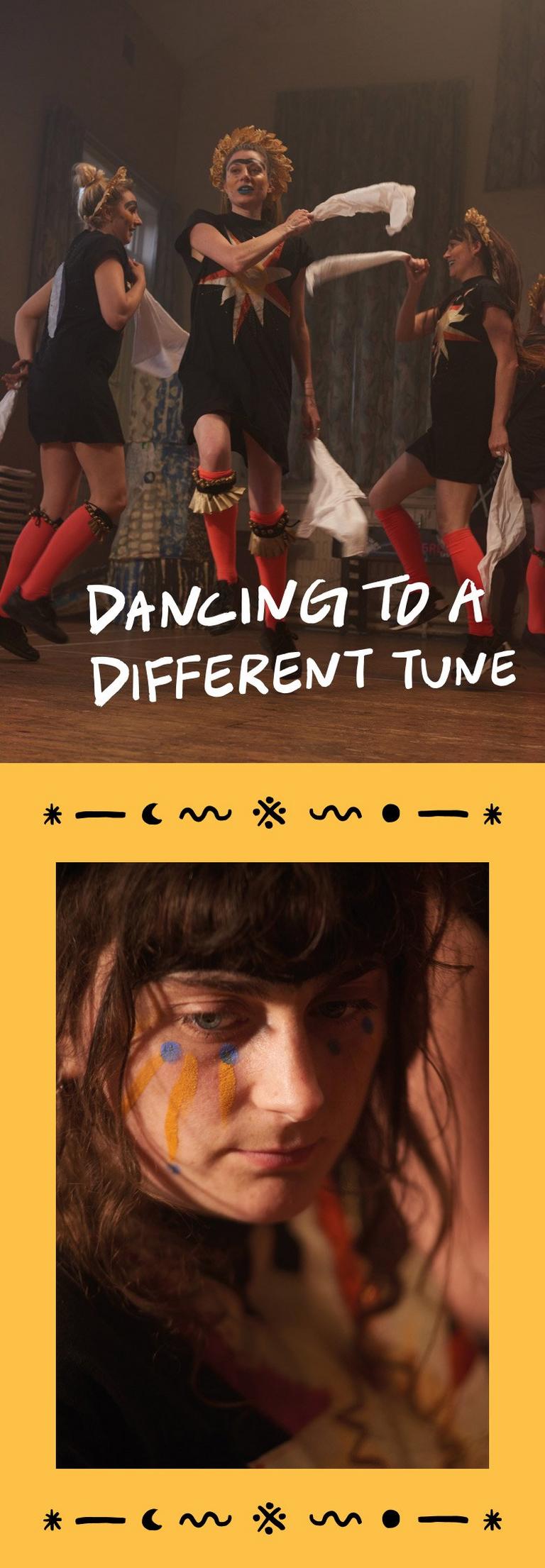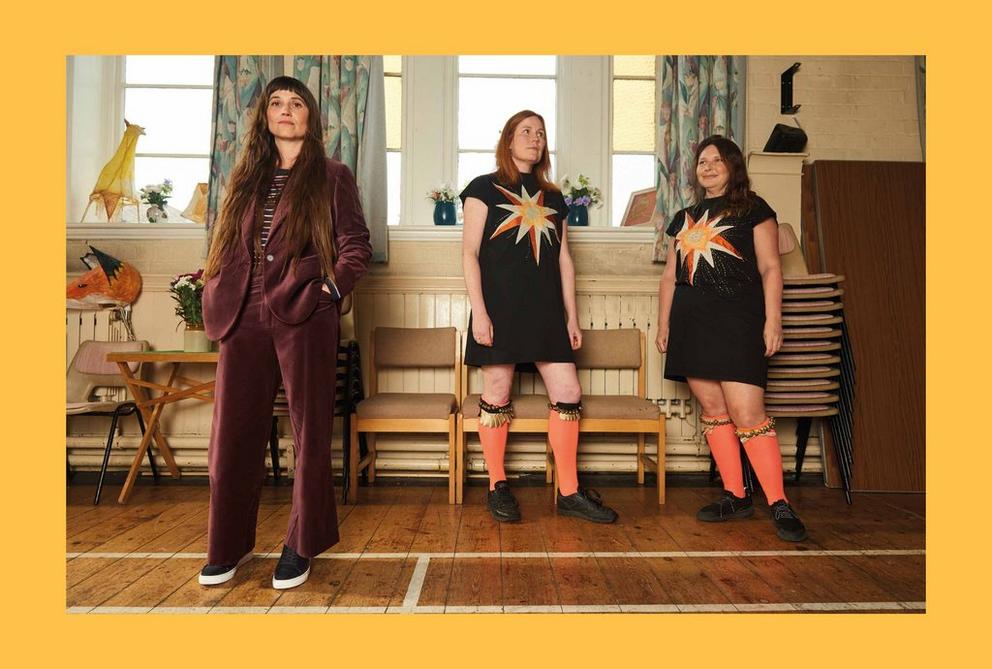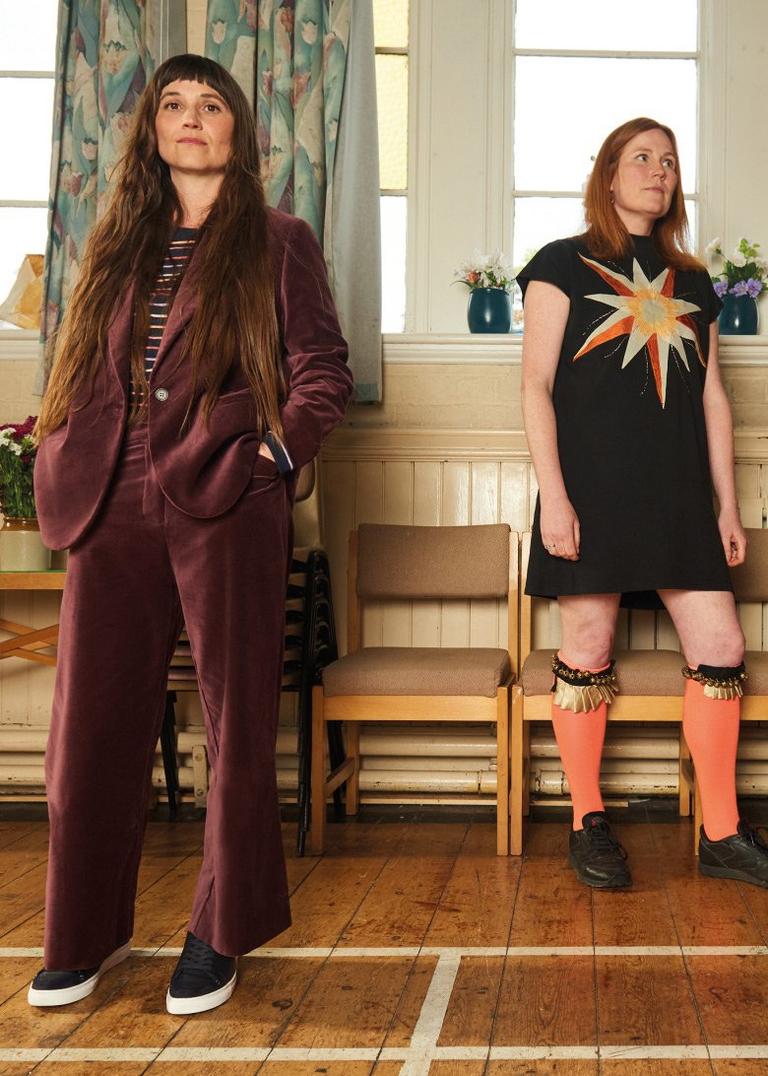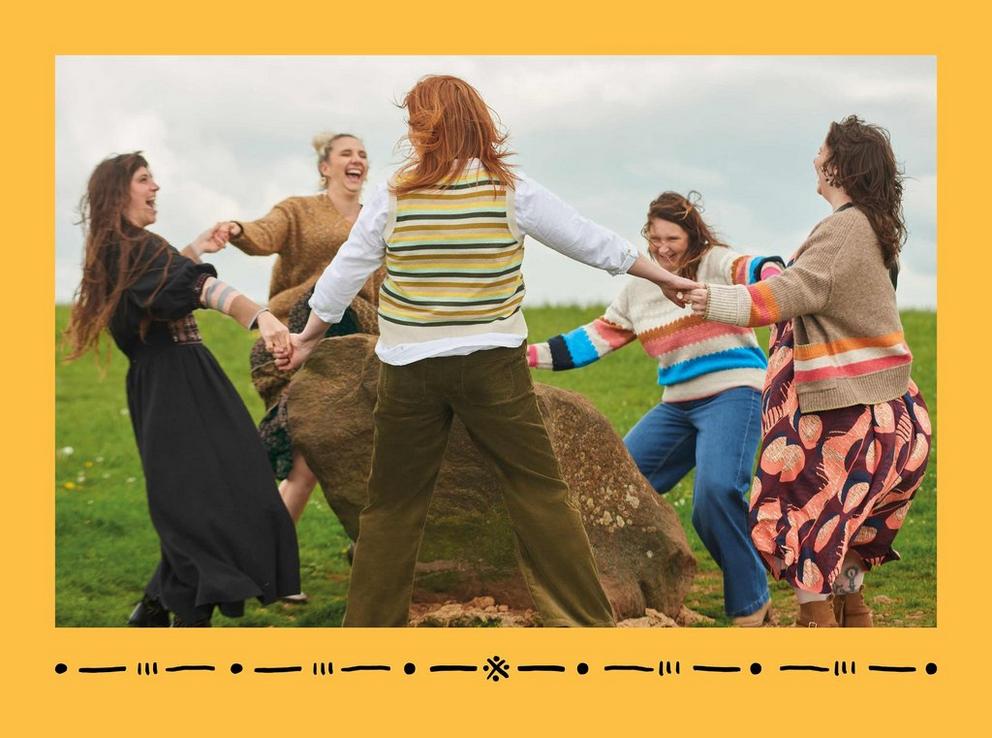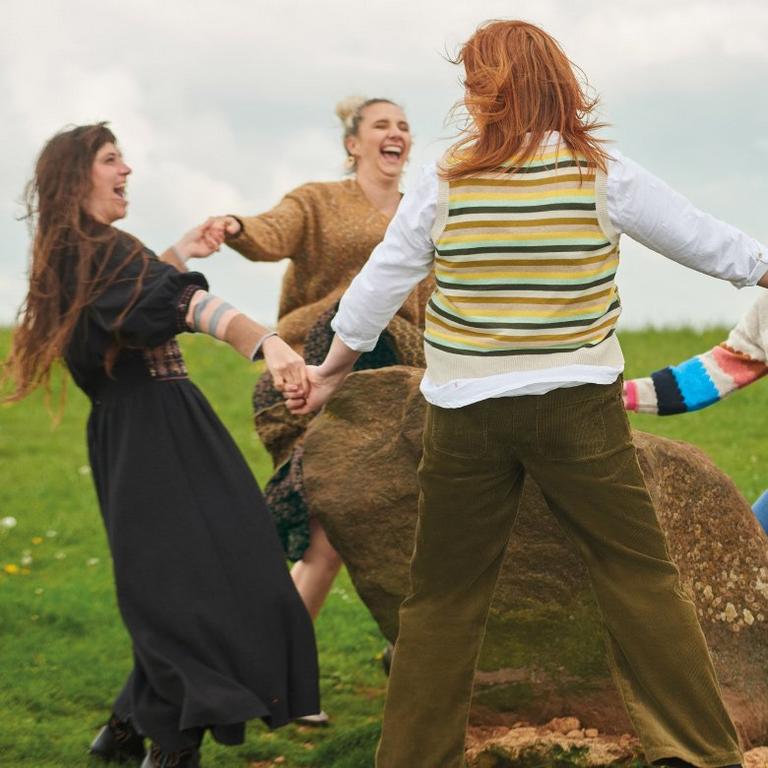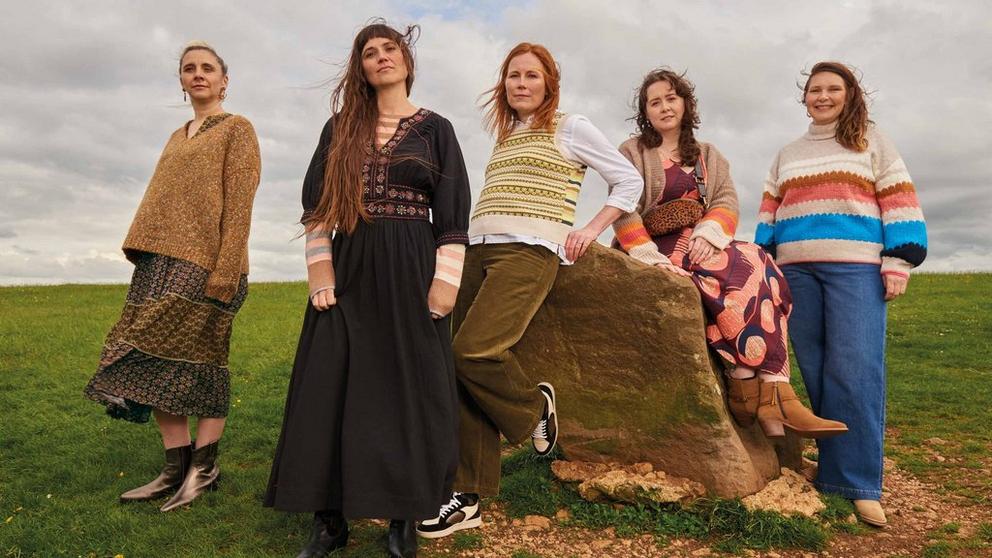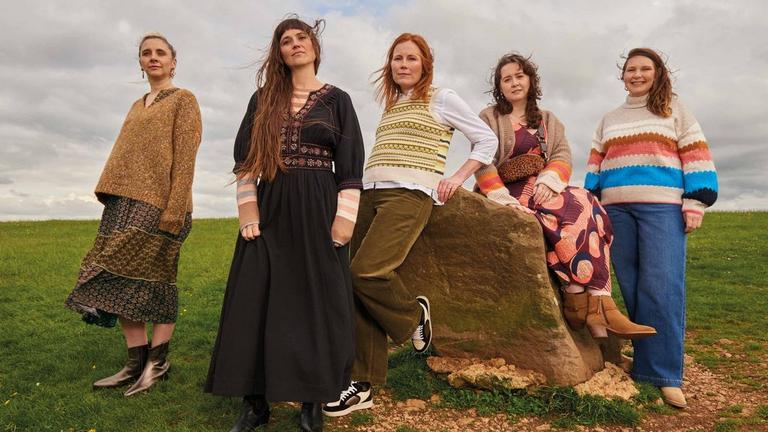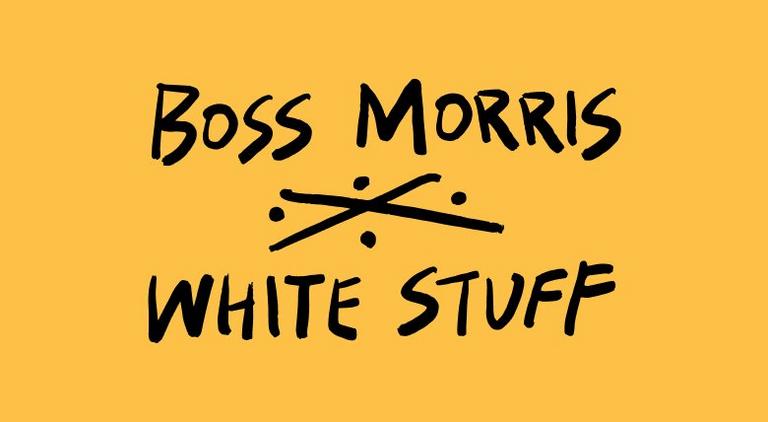EPISODE 17
THE MORRIS DANCERS
The Cotswold hills watch quietly over the Stroud Baptist Church hall. But inside, there are feet stomping on the wooden floorboards. Bells jingling. Folk music drifting up to the dusty ceiling beams, the melody repeated in a bewitching way. We’re here to meet Boss Morris, a community of dancers, musicians and creatives, who dance Cotswold morris and choreograph their own reinventions of the form. We chat nature, splashing your face with the morning dew, eating Monster Munch on Halloween and how they are preserving and reinventing steps danced centuries before.
From left to right: Lily C, Katie, Josie, Alex, Lily D, Rhia
How did you become part of Boss Morris?
Alex: I’d been morris dancing previously and when I moved to Stroud, my sister was really keen to have a go. So we asked around our friendship group and were really surprised by the responses of ‘yeah, let’s give it a go’.
Rhia: Growing up on Dartmoor, there was real folk culture ingrained. I’d done morris dancing at primary school in PE.
Lily C: I've always been interested in things that sit outside of classical art forms. Outsider art, folk art, morris dancing.
Katie: I wanted to join Boss because, well, I wanted to find myself. My son did a playgroup project where he had to say what his family do. ‘Daddy likes to play football, my sister likes to play and mummy likes to clean the house.’ And it really hit a nerve with me, that kind of defining moment where I thought I want to have an identity of my own. And dancing is my release. It takes me away from being just an office worker and a mum.
What does the Boss Morris community mean to you?
Josie: The Boss girls mean everything to me.
Alex: We are like a family now, I'd be completely lost without it. It's the most amazing outlet for all of our creative expression.
Rhia: For me, it’s a pure escapism. It's about being able to remove yourself from all of the drudgery of everyday life and be completely free and silly. And just be yourself.
Josie: It sometimes feels like we're just dancing in the playground, skipping around, jumping as high as we can.
Alex: It's out of the everyday, and it feels eccentric. A bit unknown and mysterious. It's on the fringes, and I feel like we inhabit this kind of magical layer of life.
Does morris dancing connect you with nature?
Rhia: It brings us closer to nature and it does connect us with the landscape.
Josie: And it’s because of things like May morning. We get up before the sun rises and we trek up to our local common and dance as the sun comes up. And then we splash our face with the morning dew and there's that very physical side of properly connecting with nature. You feel so exhilarated after.
Rhia: And because we process our year with the seasons. We become tied in with the turning of the wheel, nature’s calendar. Rather than society’s calendar of Christmas, Easter, birthdays. And that can be really freeing. It's another way to kind of remind yourself that you're grown-up but you can also be childish. You can play outside and be one with the landscape around you.
Alex: Even though none of us are pagan, what we do kind of aligns with the pagan wheel of the year. When we get up at dawn on May Day morning and dance to the sun, I feel completely differently about the local landscape and about life as a whole.
Lily: It gives you a sense of place as well.
What’s the importance for you in bringing an ancient folk dance into today’s culture?
Lily D: I think we're so wrapped up in an online world, people are searching for something that is deeper. That’s deeper than this national identity that we have right now that’s tumultuous and up-in-the-air. Morris dancing represents this connection back to the earth. Back to our roots. Back to our heritage.
Katie: It's very humbling to know that you're dancing the same steps that people have danced for centuries.
Josie: When I put my Boss kit on, it transports me into the braver person that I wish that I was.
Rhia: It’s tribal. And empowering. When we've all got our face paint on, it completely transforms us into different people.
And what is the group bringing to these centuries-old dances?
Rhia: We dance Cotswold morris. But we’ve worked with lots of bands where we've choreographed our own dances to different tracks. To remixes as well, like electronic remixes.
Katie: We perform all over. Like village fetes and massive, silly things like the Brits last year.
Alex: In terms of like bringing it into the modern day, it's not something that we set out to do. We weren't on any particular mission. All we've done is to stick to things that excite us and stay true to ourselves as artists, and it’s taken us on this path.
Rhia: It has caused an effect of lots of other amazing new sides springing up all the time, which is wonderful. And that's what we want to see. People being proud of our wonderful folk dance that we have here in the UK.
Lily D: There’s a good quote our musicians love. “Tradition isn't the worship of ashes, but the preservation of fire.” It's about building on that foundation that has already been laid but also bringing something new, not just worshiping the past.
And what traditions does the group itself have?
Rhia: We eat crisps on Halloween.
Katie: Pickled onion Monster Munch. And we make our own costumes.
Rhia: We all love our original gold costumes here. A gold lamé two-piece. With funny hand-painted pictures on it. And when you get hot and sweaty, it absolutely stinks.
Josie: You can’t wash it!
Rhia: But it all has a very fond place in our heart.
And finally, how would you sum up Boss Morris in a few words?
Katie: Progressive. Collaborative.
Josie: Joyful. Energetic.
Rhia: Silly. And sh*t hot.
